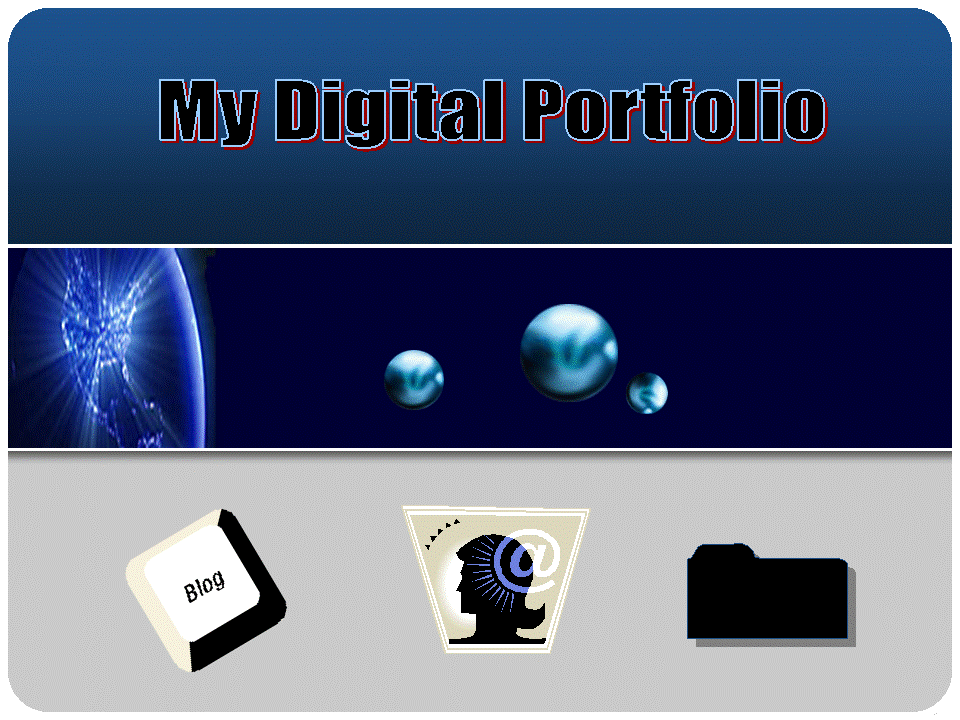I recently came across a great article regarding digital
portfolios (http://testkitchen.colorado.edu/projects/resources-digital-news/student-portfolio-tips/).
Although this article talks specifically about working within journalism or the
media industry, there are a lot of great tips for students from all
majors/industries. This article argues that prospective students/graduates must
have a professional looking digital portfolio and presence.
Start with LinkedIn
Students should be creating a LinkedIn profile where they
record experience, education, personal data, and collect recommendations. This
is a phenomenal way to network, market yourself, and find other employers in
your field.
Other suggestions from
grads.linkedin.com:
·
Craft an informative profile headline
·
Display an appropriate photo
· Show off your education
· Show off your education
·
Develop a professional summary statement
·
Fill your “Specialties” section with key words
·
Update your status weekly
·
Show your connectedness with LinkedIn
·
Collect diverse recommendations
·
Claim your unique LinkedIn URL
·
Share your work
Printable PDF Resume
Students should be attaching PDF formats of their resume to
e-mails to prospective employers. This is important because the format will
remain the same, and the resume cannot be physically altered. Another great tip
is to publish the PDF version to a website and give the URL to employers in
e-mails, your resume, and posting the URL on your portfolio website and social
media accounts.
Assemble Social Media
Accounts
Include links to all of your social media presences on your
main portfolio webpage. (For example: LinkedIn, Twitter, Facebook, Flickr,
YouTube, Google+, Pinterest, and Quora). Make sure that you are actively
involved in your industry (i.e., representing published articles, highlighting
or reposting key industry articles, offering your own perspective on relevant
topics and issues, etc.) and are maintaining a professional presence on these
social media sites.
Suggested Options for
your Main Portfolio
· Choose one central “home base” that you can
point potential employers to that highlights all of your work that you wish to
share. (This article suggests numerous options for website hosting sources).
· Include your resume, work samples, a short
profile of yourself, links to other social media and other websites where
visitors can see your work or connect with you, and your current contact
information.
Here is another
article on what to include on your online portfolio:
Remember, to make the most out of each and every experience!
Take advantage of your courses, speaking with professors, and The Career Center
counselors and resources to market yourself effectively to prospective
employers!
Build those resumes and network, network, network!!!
 |
| Lauren Behr, Assistant Director |


No comments:
Post a Comment
Note: Only a member of this blog may post a comment.